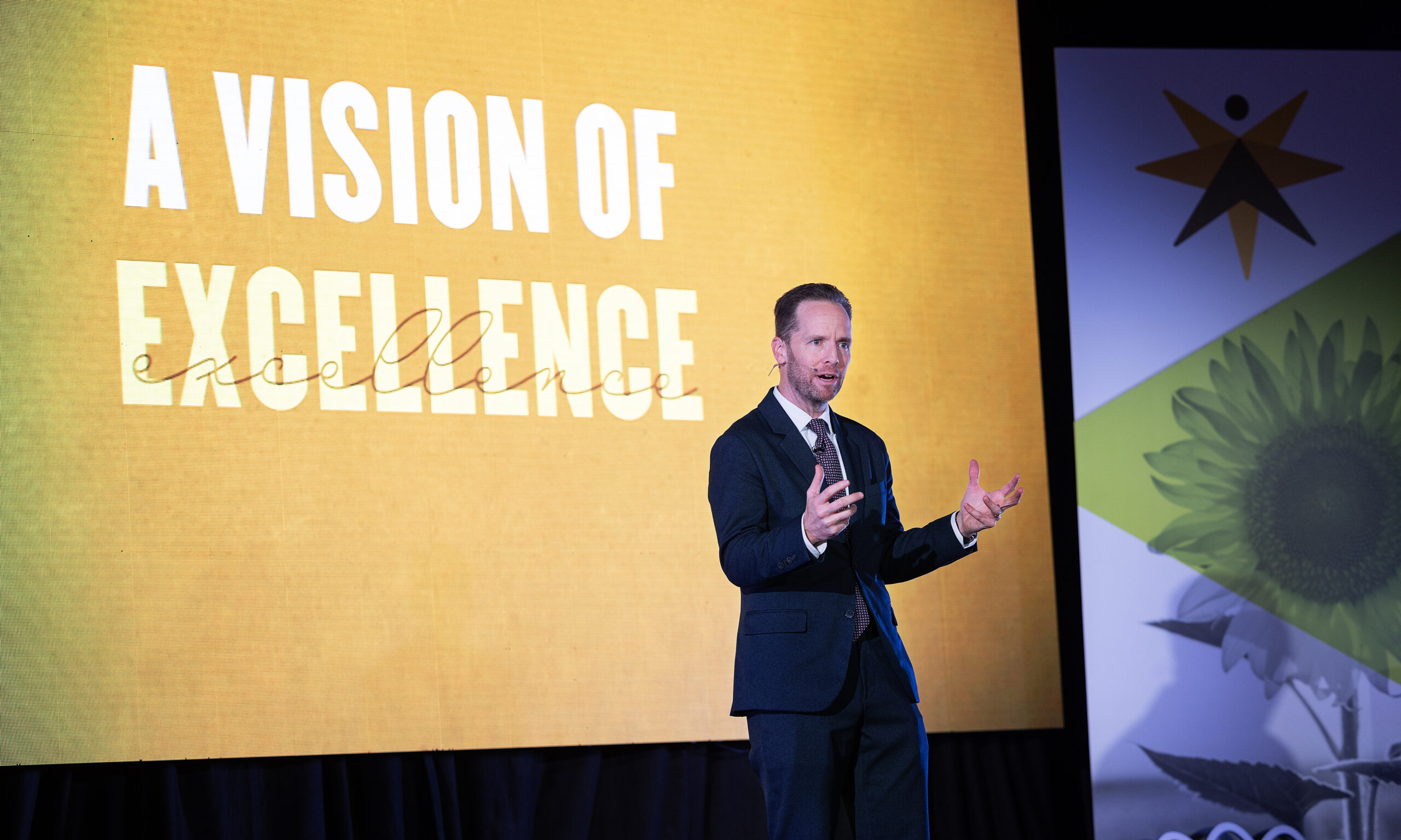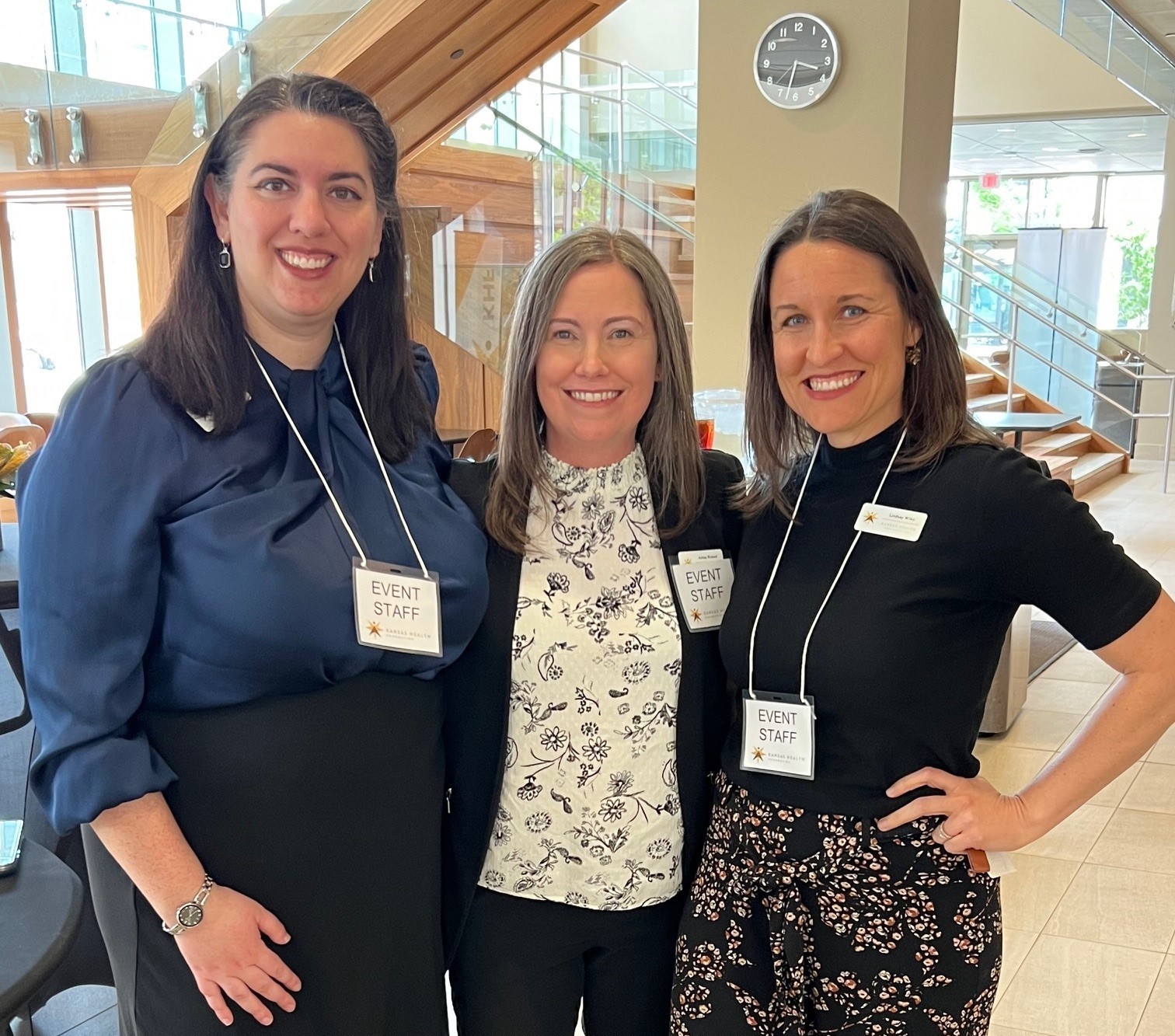- Initiatives
Initiatives

If you truly want to see how KHF spends its time, energy and resources, we invite you to view the active initiatives happening throughout Kansas.
- Opportunities

Opportunities
Learn more about what opportunities mean at KHF, including for both funding and participation.

Current Opportunities
At any given time, we may have multiple available opportunities. This could include grants, sponsorships or when we seek your opinions.
- News & Views
News and Views
Want to see our latest news releases? Interested in insights and opinions from our team members? This is the place to find it all!

News
See the latest news releases from KHF, including information on initiatives, opportunities and people.

Blog
Whether it's our staff or our board, the people associated with KHF have unique expertise and insights. Through this blog, you can read more about the topics that are important to us.

Stories
Want to know about the impact our partners are having across the state? Here, we try and share stories of impact and effort taking place each day.
- About Us

Who We Are
See a high-level overview of our work, our strategies, our team and our history.

Our Team
Learn more about the people that make KHF a place of both impact and enjoyment.

Financial Information
We try to always be effective stewards of the KHF endowment. Learn more about our finances and how they're managed.

Careers
Check here to see of any job postings and more information about working with us.



